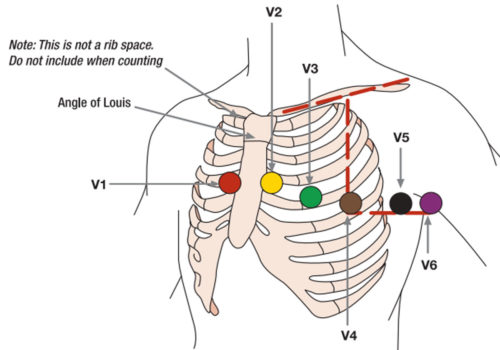There is conclusive evidence that low testosterone is associated with erectile dysfunction (ED) and that ED is a strong marker for cardiovascular risk. There seems to be a link between testosterone level and mortality, and there are suggestions that testosterone replacement therapy may reduce mortality.
Editorial
Sometimes I shock myself with what I do not know. But one of the fantastic things about working as a practice nurse is that there are so many chances to find out something new. We can all learn things from simply talking to patients. When I was starting out, it bothered me (‘the professional’) when a patient knew more than I did. But the patients were so nice—I think they felt sorry for me— that I soon stopped feeling overwhelmed and became interested.
Structured education in diabetes
NICE recommends that all patients with diabetes should be offered a structured educational programme at diagnosis, together with regular reviews and updates. Several programmes are available that meet NICE criteria, and there is evidence that they can help to improve patients’ quality of life, well-being and diabetic control.
Did she fall or was she pushed?
Falls are a relatively common occurrence in older people and can have serious consequences for their health and independence. Many falls are preventable, and the annual review provides an excellent opportunity for practice nurses to consider how long term conditions and medication may ‘push’ an elderly patient into a fall.
Taking the lead to accurate ECG
A12-lead electrocardiogram (ECG) is performed on thousands of patients every day in the NHS. This non-invasive investigation is a valuable diagnostic tool and can be of crucial importance in diagnosing cardiovascular problems—but only if it is performed accurately. However, with training and careful preparation, all practice nurses should be able to undertake an accurate ECG.
Conservative care in advanced kidney disease
Some patients with advanced kidney disease may prefer not to receive treatment with dialysis. Conservative management describes the care designed to relieve these patients’ symptoms and maximise their health during their remaining months or years. By working with local renal and palliative services, practice nurses and other primary healthcare professionals will play a major role in ensuring a good death for kidney patients opting for conservative management.
Weight loss: Which methods really work for patients?
Nearly two thirds of adults in England are overweight and one quarter are obese. Given the physical, social, psychological and economic consequences of overweight and obesity, it is understandable that patients are drawn to fad diets and quick fixes. Unfortunately, there is no easy route to sustained weight loss, but several options are now available that can help patients to lose weight and improve their health.
The portfolio diet: healthier lipids in the bag?
Lifestyle modification for people at high cardiovascular risk includes positive changes to their diet. The portfolio diet is a new approach to lowering cholesterol that builds on a conventional cardioprotective diet by including specific foods that are known to target abnormal lipids.
Danger: clots kill! Controlling risk factors for thrombosis
Clots are life-saving in the right place at the right time, when they can stop us bleeding to death. But a clot in the wrong place can spell disaster, leading to heart attack, stroke, deep vein thrombosis or pulmonary embolism. This article explains why life-threatening clots can develop so quickly, what can be done to prevent them, and how each type of clot is treated.
Why – and when – to check urea and electrolytes
Urea and electrolytes (U&E) are the most commonly requested tests that we send to the laboratory. In fact, U&E are so routine that it is easy to take them for granted, but they are an essential aid to the diagnosis of kidney disease. It is important for practice nurses to understand why and when U&E are ordered, and how to act on the results if kidney problems are suspected.
Editorial
Sometimes I feel like a nephron. These hard-working filters keep on working regardless of the pressure of blood flowing into the kidney. In just the same way, practice nurses must stay at the job no matter how many patients stream through the doors of the surgery. What is more, just as the kidney compensates when it loses nephrons, practice nurses take on more work to make sure that patients do not suffer when staffing levels fall.
Stable angina: the no tears review
Approximately 5% of adults aged over 40 years have stable angina, appear on our coronary heart disease (CHD) registers and are recalled at least annually for reviews. People with angina are often prescribed four or more regular items, and it is widely believed that patients are more likely to take their medicines effectively when they agree to their prescription and feel involved in decision-making. The medication review involves patients in prescribing decisions, and supports them in taking their medicines most effectively, so improving health outcomes and satisfaction with their care.
























